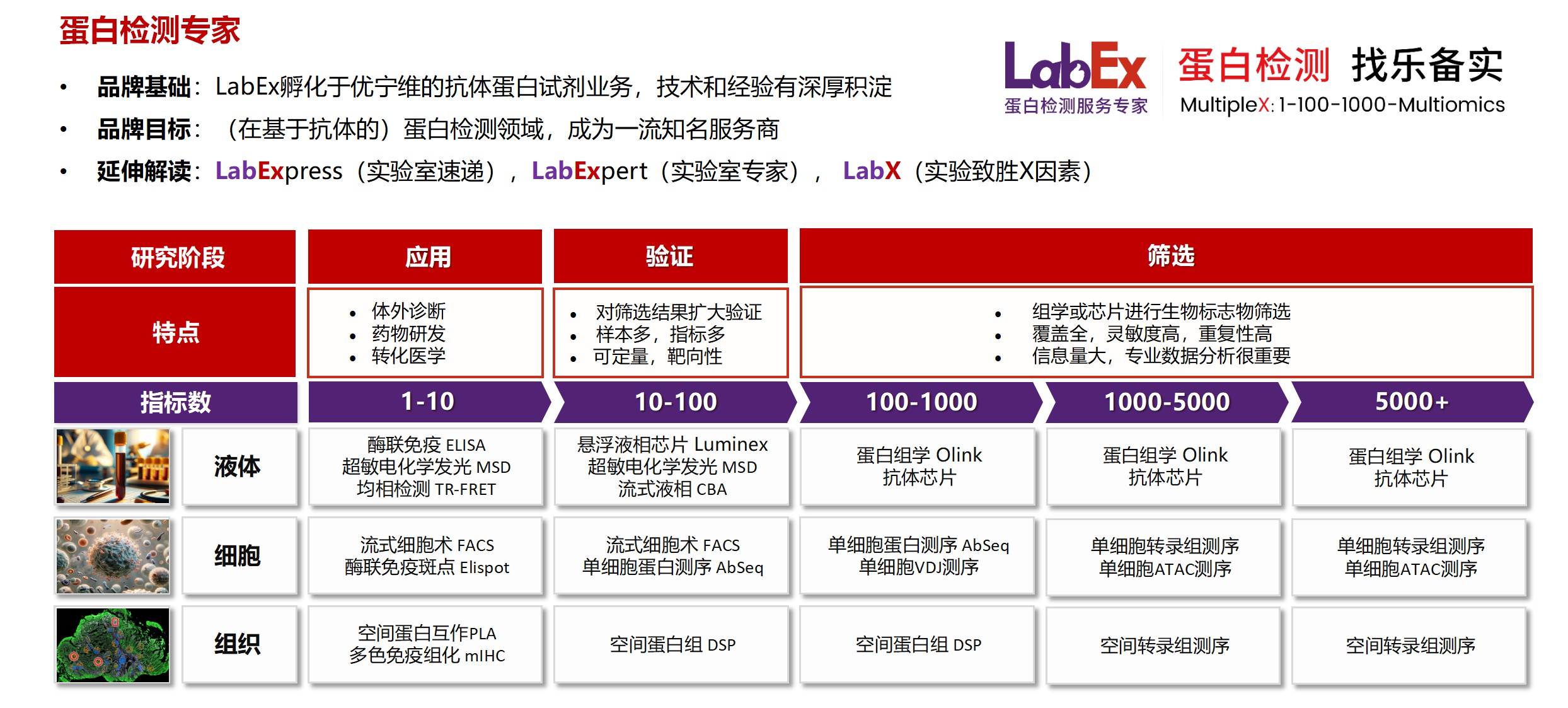Background: The success of anti-TNF biologics for the treatment of rheumatoid arthritis has highlighted the importance of understanding the intracellular pathways that regulate TNF production in the quest for an orally-available small molecule inhibitor. p38 is known to strongly regulate TNF production via MK2. The failure of several p38 inhibitors in the clinic suggests the importance of other downstream pathways in normal cell function. Recent work has described a 'substrate-selective' p38 inhibitor that is able to preferentially block the activity of p38 against one substrate (MK2) versus another (ATF2). Using a combined experimental and computational approach, we have examined this mechanism in greater detail for two p38 substrates, MK2 and ATF2.
Results: We found that in a dual (MK2 and ATF2) substrate assay, MK2-p38 interaction reduced the activity of p38 against ATF2. We further constructed a detailed kinetic mechanistic model of p38 phosphorylation in the presence of multiple substrates and successfully predicted the performance of classical and so-called 'substrate-selective' p38 inhibitors in the dual substrate assay. Importantly, it was found that excess MK2 results in a stoichiometric effect in which the formation of p38-MK2-inhibitor complex prevents the phosphorylation of ATF2, despite the preference of the compound for the p38-MK2 complex over the p38-ATF2 complex. MK2 and p38 protein expression levels were quantified in U937, Thp-1 and PBMCs and found that [MK2] > [p38].
Conclusion: Our integrated mechanistic modeling and experimental validation provides an example of how systems biology approaches can be applied to drug discovery and provide a basis for decision-making with limited chemical matter. We find that, given our current understanding, it is unlikely that 'substrate-selective' inhibitors of p38 will work as originally intended when placed in the context of more complex cellular environments, largely due to a stoichiometric excess of MK2 relative to p38.
Two additive mechanisms impair the differentiation of 'substrate-selective' p38 inhibitors from classical p38 inhibitors in vitro
乐备实(上海优宁维生物科技股份有限公司旗下全资子公司),是国内专注于提供高质量蛋白检测以及组学分析服务的实验服务专家,自2018年成立以来,乐备实不断寻求突破,公司的服务技术平台已扩展到单细胞测序、空间多组学、流式检测、超敏电化学发光、Luminex多因子检测、抗体芯片、PCR Array、ELISA、Elispot、PLA蛋白互作、多色免疫组化、DSP空间多组学等30多个,建立起了一套涵盖基因、蛋白、细胞以及组织水平实验的完整检测体系。
我们可提供从样本运输、储存管理、样本制备、样本检测到检测数据分析的全流程服务。凭借严格的实验室管理流程、标准化实验室操作、原始数据储存体系以及实验项目管理系统,已经为超过3000家客户单位提供服务,年检测样本超过100万,受到了广大客户的信任与支持。

声明:本篇文章在创作中部分采用了人工智能辅助。如有任何内容涉及版权或知识产权问题,敬请告知,我们承诺将在第一时间核实并撤下。
详见LabEx网站(
www.u-labex.com)或来电咨询!
基因水平:PCR Array、RT-PCR、PCR、单细胞测序
蛋白水平:MSD、Luminex、CBA、Elispot、Antibody Array、ELISA、Sengenics
细胞水平:细胞染色、细胞分选、细胞培养、细胞功能
组织水平:空间多组学、多重荧光免疫组化、免疫组化、免疫荧光
数据分析:流式数据分析、组化数据分析、多因子数据分析
基因水平:PCR Array、RT-PCR、PCR、单细胞测序
蛋白水平:MSD、Luminex、CBA、Elispot、Antibody Array、ELISA、Sengenics
细胞水平:细胞染色、细胞分选、细胞培养、细胞功能
组织水平:空间多组学、多重荧光免疫组化、免疫组化、免疫荧光
数据分析:流式数据分析、组化数据分析、多因子数据分析
联系电话:4001619919
联系邮箱:labex-mkt@u-labex.com
公众平台:蛋白检测服务专家
联系邮箱:labex-mkt@u-labex.com
公众平台:蛋白检测服务专家

本网站销售的所有产品及服务均不得用于人类或动物之临床诊断或治疗,仅可用于工业或者科研等非医疗目的。










 沪公网安备31011502400759号
沪公网安备31011502400759号
 营业执照(三证合一)
营业执照(三证合一)


